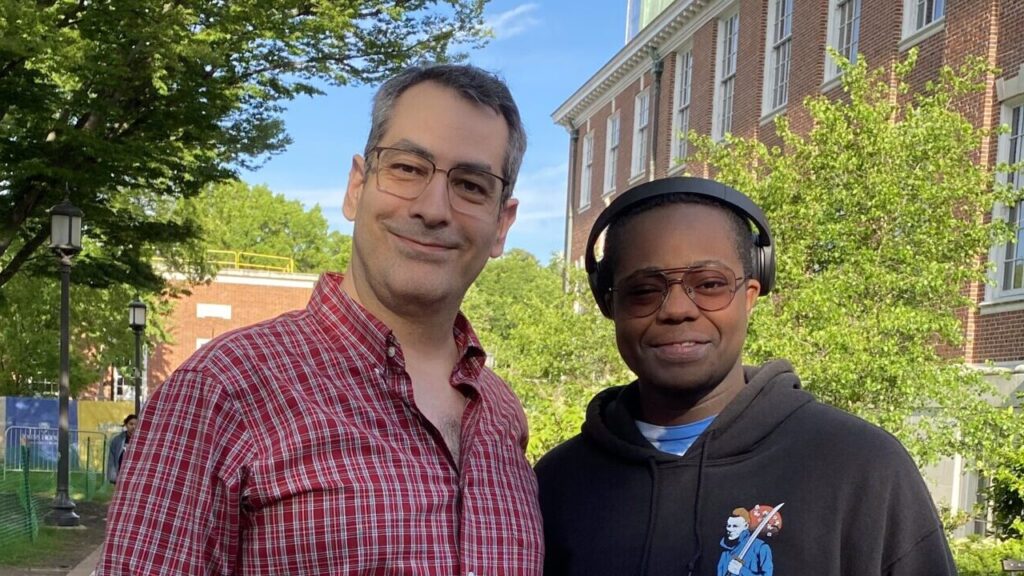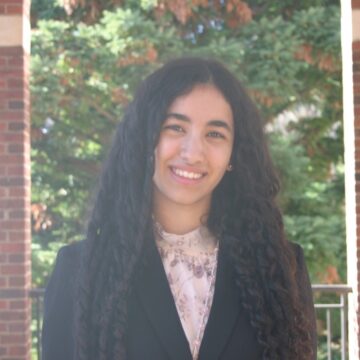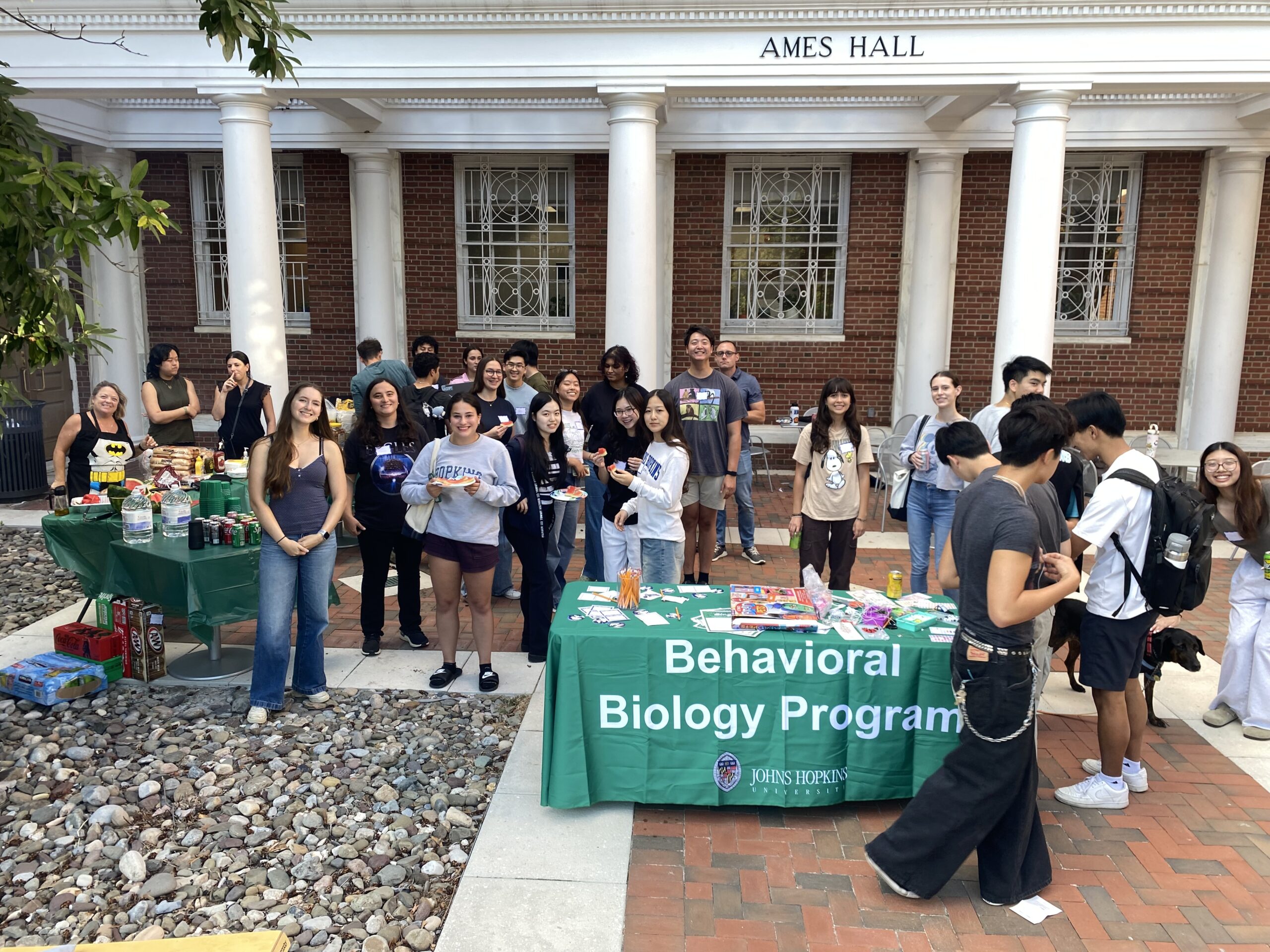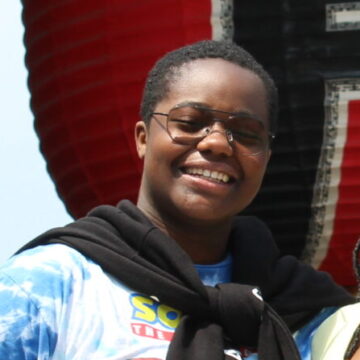
I had the chance to have an amazing conversation with Professor Patricio Simari of the Computer Science Department, and my professor for Intermediate Programming. After completing his graduate studies in Toronto, Professor Simari entered Hopkins as a postdoctoral in 2008, followed by a tenure-track role at The Catholic University of America and a teaching role at Loyola University. This eventually led him back to Hopkins in 2021, where he joined as a professor. Our conversation covered his academic history to teaching here at Hopkins.
This interview has been edited for brevity and clarity.
What inspired you to pursue your field of study?
I’m originally from Argentina and when you go to university there, it’s not like here where you can be undecided and then pick as you go. When you graduate high school and you’re picking your university field of study, you have to pick the program. You don’t get like the humanities or whatever sort of supplemental education. I picked computer science.
I don’t like closing doors or making choices that limit me. I want to keep my options open to a fault. You can end up doing almost any kind of job with a computer science degree because everything has a computer nowadays.
Was there a moment where you knew that you wanted to become a professor?
I knew from when I in grade school and they asked me “What do you want to do when you grow up?” I got into being a TA early on in my undergrad and I really enjoyed it. I love explaining things to people who want to understand things. One of the best feelings as a teacher is when you see somebody that’s confused or is asking you a question and then you explain it to them, and you see that moment when things click.
What led you to teaching at Hopkins?
I first came to Hopkins as a postdoc. I was doing my graduate studies in Toronto, and I knew Professor Kazhdan from the field I was studying, which at the time was geometry processing and specifically in symmetry work. I met him at a conference and later reached out when I wanted to do postdoc studies. That brought me to Baltimore in 2008.
I ended up as a tenure track professor at The Catholic University of America in Washington, DC. I was there for a while, but I left the research track and took a teaching job at Loyola University, where I was for another four years. I know Professor Selinski from Hopkins’ department, and she mentioned they were looking for instructors, and I decided to apply, and I really liked what I saw.
What’s your favorite course to teach here?
I would say there’s two. I really like teaching intro programming, and Intermediate Programming kind of counts at that level. That’s one of the things I like to focus on and what I brought to Hopkins. They were interested in having people that could teach at beginner levels. Right now, I would say my favorite course to teach is the games course because I have the freedom to structure the class and assignments how I like. I’m also learning a lot from my TA and CA about Unity programming and things like that.
How would you describe your teaching philosophy?
As a style, I like to connect everything to the fundamental level. In computer science, oftentimes that means a focus on the algorithm as opposed to the minutiae of syntax. So, I focus on algorithms and try to make it interest-driven. I encourage students to attempt things and then, after trying them on their own, come up with questions.
It’s hard to install knowledge in people that haven’t yet tried the application of things. When you try the application, it illuminates things, it makes you curious about connections, and then you have questions. The first step is to present the topic, to lay out why is this an interesting thing to study, and then to demonstrate. So, do an example where you show the class, let’s say, a coding problem and then from there I like to have a low-stakes attempt. Something that lets the students attempt it, but without the risk of anything big happening to their grade, where they get to try it out and get some feedback before they have an evaluation like a project or an exam.
I have this theory of education, which is when you’re in kindergarten, it is 100% the teacher’s job to put the concepts in your head. All you have to do as a little kid is show up, right? That starts to shift so that by the time you graduate high school, you are now on the other end of the spectrum where you are taking responsibility for your learning. The only thing that coming to a university guarantees you is that you have access to the professors who know what they’re talking about. You get to come, you get to listen, you get to ask questions, you get to work on things and interrogate them as much as you want.
What has been your proudest moment as a professor?
Sometimes at the end of the semester, I get emails from students who are genuinely grateful or have learned a lot. Those are my proudest moments.
What skills do you think are most important for students to develop today?
I have a meta-answer to this question. I feel like the best thing you learn coming to university is learning to learn. Especially in a field like computer science, there’s no way we can teach you everything you’ll ever need to know about computer science because it’s such an active, moving field. The programming languages and tools you’re going to be using don’t even exist yet. And some of the concepts don’t even exist yet.
What a university education gives you when you leave here is that you are now equipped to learn. You know what it takes, you know what the process is, and you can teach yourself what you need to supplement [with] what you learned in university. It opens up your head, so you realize that you’re in for a lifetime of learning. We want to give you the tools that will make you successful in that regard.
One thing from my conversation with Professor Simari that I think deserves highlighting is his understanding of learning. It’s that love that inspired him to become a teacher, and it’s the emphasis of its importance that led to the biggest takeaway for me from our conversation: “I feel like what a university education gives you when you leave here is that you are now equipped to learn. You know what it takes, you know what the process is, and you can teach yourself…”
Regardless of major, things everywhere will continue to evolve and develop in a way where you’re forced to adapt your understanding and knowledge of that field, even past graduation. I believe this message applies to almost every aspect of life. And the idea that knowing something has a fluidity to it that means it’ll never be set in stone can be overwhelming—I know it is for me. But talking to Professor Simari made me realize that at this moment at Hopkins, I’m developing all the tools I need to better understand how I learn, and how I can handle how ever-changing the world is, which is not comforting, but I’m deeply grateful for.
I’d like to thank Professor Simari for taking the time out of his day to talk with me, and as a student of his, I have the experience to attest that he cares that his students walk away with a fundamental interest and comprehension of the material. And I know, for me, it only makes me more excited to keep learning.





